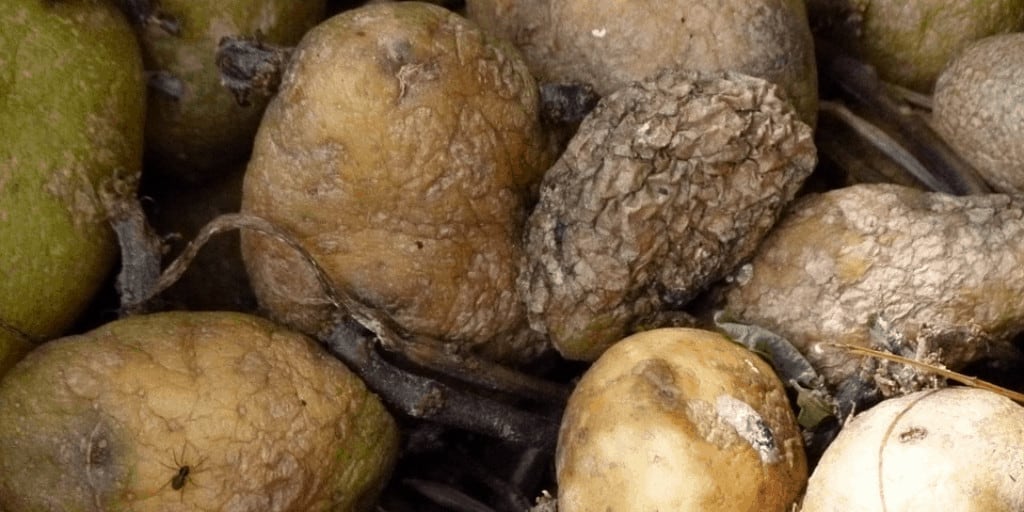Tag: Mexico
What is Cyclospora?
Cyclospora is a tiny, single-celled parasite, spread by contaminated food. It can cause diarrhoea, abdominal cramps, nausea, loss of appetite, bloating, gas, fatigue, mild fever, and weight loss.
Why is it in the news?
There’s been an outbreak in travellers to Mexico, with at least 204 reported cases in returning holidaymakers since June. However, it is difficult to detect using standard tests. Because it is uncommon in the UK, most labs don’t look for it and may miss the diagnosis. So the true number is probably much higher.
What’s the most reliable way of detecting it?
The best way is called a rapid PCR test, which detects the parasite’s DNA. The test also looks for DNA and genetic material from 21 other diarrhoea-causing parasites, bacteria and viruses at the same time – so there is a very high probability of finding the right cause. As you’d expect, the test is available at the Fleet Street Clinic. Importantly, we can have a result within an hour or so of receiving a sample.
How can I prevent it?
Outbreaks have been linked to eating fresh uncooked berries/unpeeled fruit and salad items that have not been washed in safe water. Sticking to foods that have been freshly and thoroughly cooked, when you travel, is the safest option.
How is it treated?
Confirmed cases can be treated with an antibiotic called co-trimoxazole. Some of the more commonly-used antibiotics for travellers’ diarrhoea may not be effective.
If you have any concerns about cyclospora and other parasites, our PCR test service can help detect the exact cause of any issue you might have. What this allows is proper diagnosis and treatment. Usually, guess-work on what bug a patient is carrying or general prescriptions to tackle the illness might be given by medical professionals. The PCR test offers accuracy like nothing else.
You can book an appointment online.
November is an optimum time of year to travel to Mexico. Uncrowded beaches with cheaper hotels and air travel are all perks for those who want an affordable and relaxing trip.
Summer in Mexico can be too hot for some, with highs of 32 degrees. Whereas, Winter temperatures are much more comfortable, with highs of 24 degrees instead. Hurricane season has also finished, the rain has let up and the crowds that appear later in December are yet to arrive.
Many prefer a winter visit.
Dia de Los Muertos is Mexico’s most colourful and festive holiday; celebrated from October 31 to November 2. ‘Day of the Dead’ is an incredible expression of Mexico’s religious syncretism and a tradition that dates back centuries. It celebrates and honours friends and relatives who have died. Festivities take place in Central and Southern Mexico with elaborately decorated home altars, parades, parties and nighttime visits to the gravestones of loved ones. Expect many candles, flamboyantly decorated skull-shaped masks and music.
Be warned of mad dogs, wild cats and blood-sucking bats…
Mexico has a high risk of rabies which is a fatal disease if left untreated. The rabies infection is spread through a bite, scratch or lick of an infected animal. You should avoid contact with feral animals or wildlife at all costs. Try to anticipate an animal’s actions and always be careful not to make sudden movements or surprise them.
Travellers can minimise the risk by receiving a rabies vaccination prior to travel. As rabies is a fairly common traveller’s risk, we try to make this particular vaccine affordable for all travellers. You can proactively minimise your risk of contracting rabies, putting your mind a ease for your holiday.
If you suspect you’ve been bitten by an animal with rabies, even after having the rabies vaccine, you should seek medical care immediately.
Banish the bugs
Apart from causing an itchy and painful bite, Mexican mosquitoes can spread viruses such as dengue fever, chikungunya and Zika virus. It is advised to use an insect repellent containing 50% DEET, wear long loose clothing, and take a plug-in vaporiser. We have an Ultimate Bug Kit available to order online. All of these will ensure your room stays mosquito free and you, bite free!
The Zika virus is of particular concern to those who are pregnant or planning to become pregnant. Specialist advice should be sought before travel. Our Central London clinic offers Zika Virus testing. Our expert team will give you clear, practical advice on the right test for your individual circumstance. Following the test, we can help you interpret the results and assist in planning your next step towards starting a family.
Don’t get the day of the dead diarrhoea
While Mexican food is delicious, travellers should apply some necessary precautions to prevent picking up stomach bugs which could ruin your holidays. We recommend that travellers avoid tap water and ice in their drinks. It’s advisable to stick to bottled water only as this reduces your risk. Also, do ensure your food is cooked through and served hot. To help get prepared, we recommend purchasing one of our Worldwide Gastro Kits.
Hepatitis A
Hepatitis A is a viral infection which is spread via contaminated food and water. Washing your hands regularly, especially after using the toilet can stop the spread of Hepatitis A. A sensible tip would be to take some alcohol hand gel with you to clean your hands before eating. Make sure you have received a vaccination against Hepatitis A before departure.
FLU
There are many celebrations throughout the year in Mexico, such as ‘Revolution Day’ on November 20th. Large crowds will gather to celebrate the 1910 revolution anniversary. This is a unique celebration for a tourist to experience but unfortunately, large crowds increase your risk of catching and spreading germs.
Factors that can increase the risk of getting sick at a mass gathering include the number of people in attendance, the type of venue, the type of infections people carry into it and also how people interact with each other.
The Flu can spread rapidly as the bacteria and viruses can easily be passed from one person to the other by a simple cough or sneeze. The best way to prevent flu is to get your flu jab before departure.
Don’t let your health ruin your holiday to Mexico.
You should take what are reasonable, practical, prevention steps to stay well and enjoy your trip to Mexico.
Book your travel appointment today
By Anna Chapman | Travel Nurse | October 2018
There is currently an outbreak of Cyclospora related to travel in Mexico.
A Public Health England Health Protection Report highlights 204 confirmed cases since June 1st, 2016.
The cases are mainly associated with travel to Mexico, specifically the Riviera Maya Coast. The average incubation period is a week and infection is characterised by watery diarrhoea, fatigue, muscle pain, weight loss, nausea and low-grade fever. The foods previously involved in cyclospora outbreaks include soft fruits, such as raspberries, and salad products such as coriander, basil and lettuce. If untreated the illness can last for several weeks.
The Fleet Street Clinic can run a stool sample test that can diagnose Cyclosporiasis among many other causes of diarrhoea in returning travellers, and you will get your reults back in an hour of the test being done. If you are worried about any symptoms you have post travel to Mexico or any other country then call our reception team on 02073535678.
Or you can book an appointment online.






